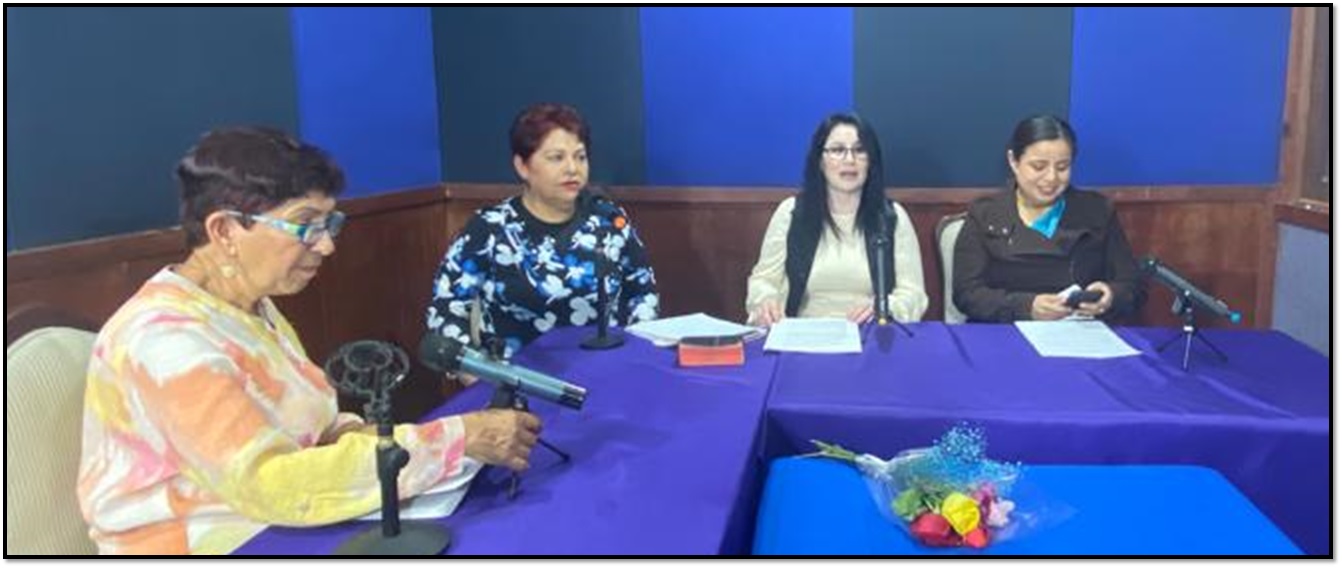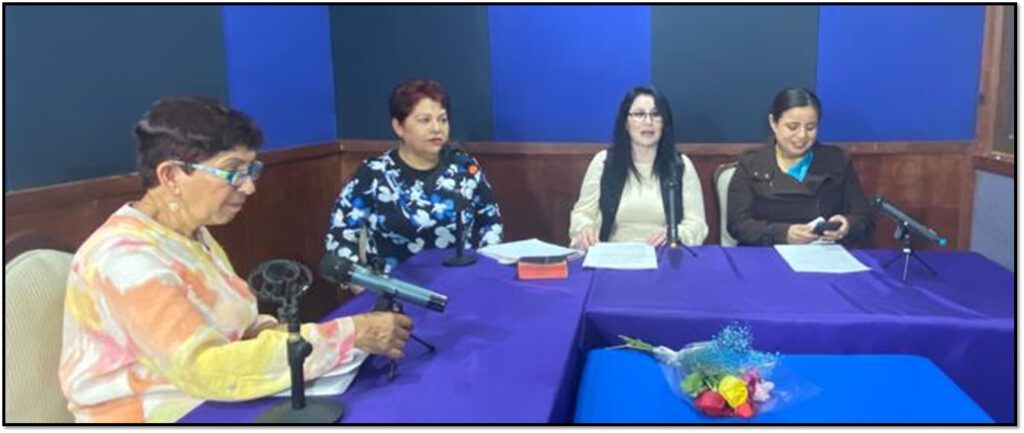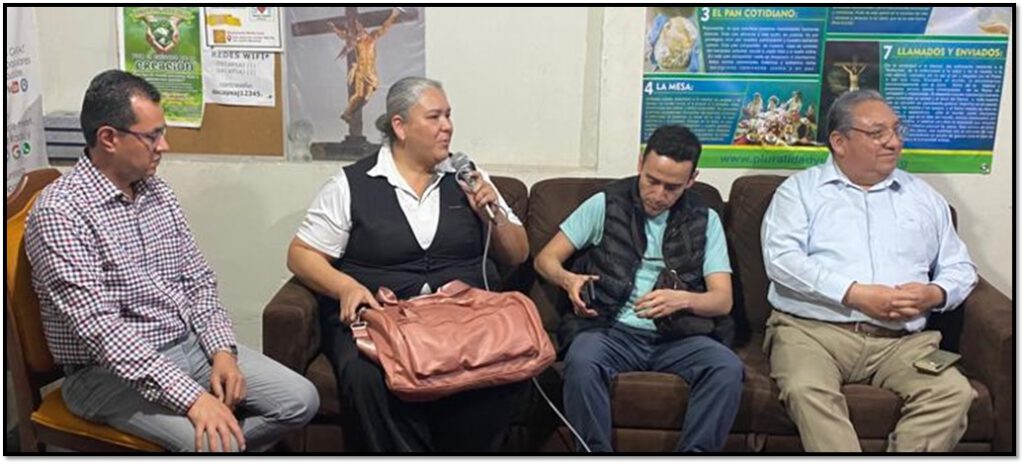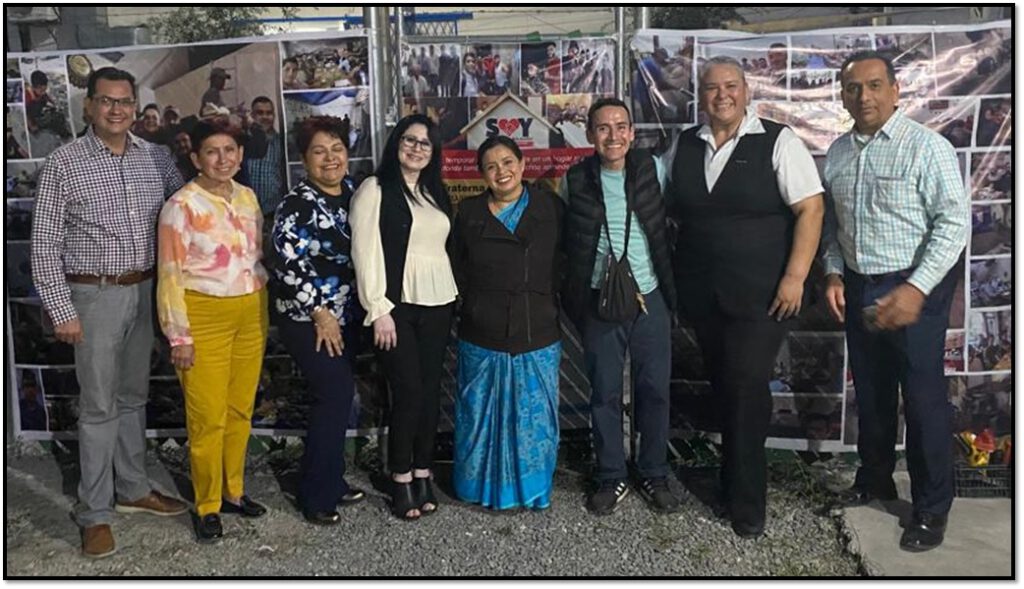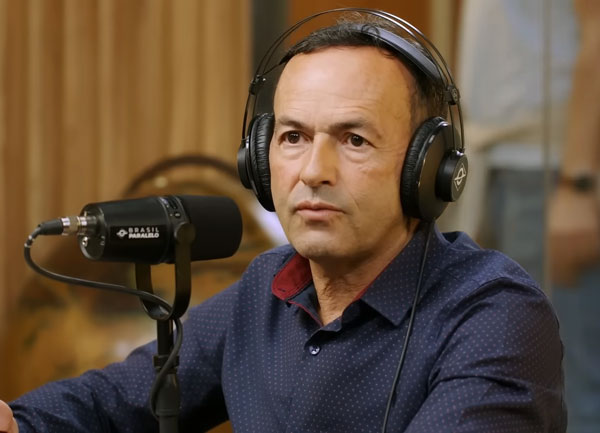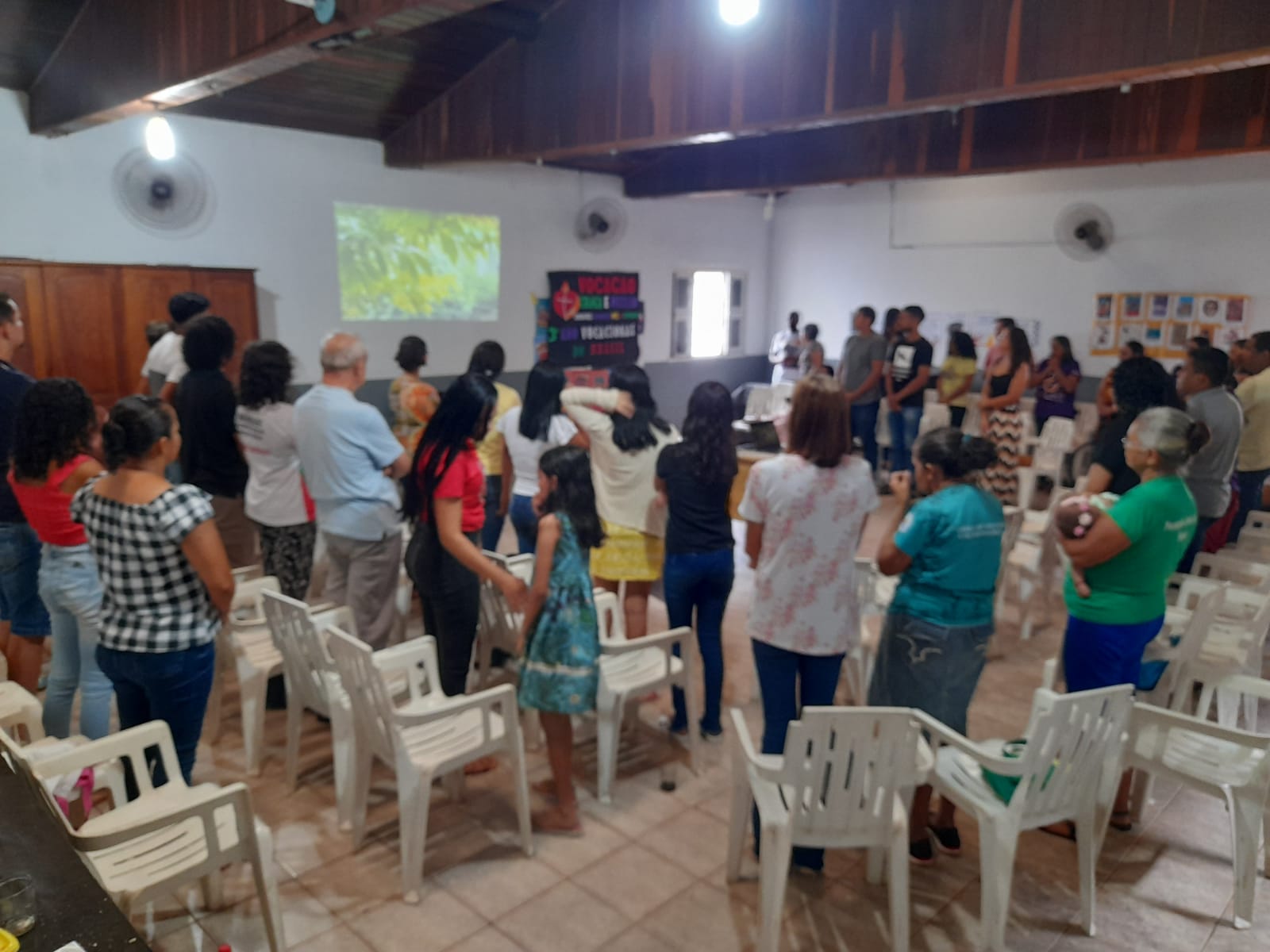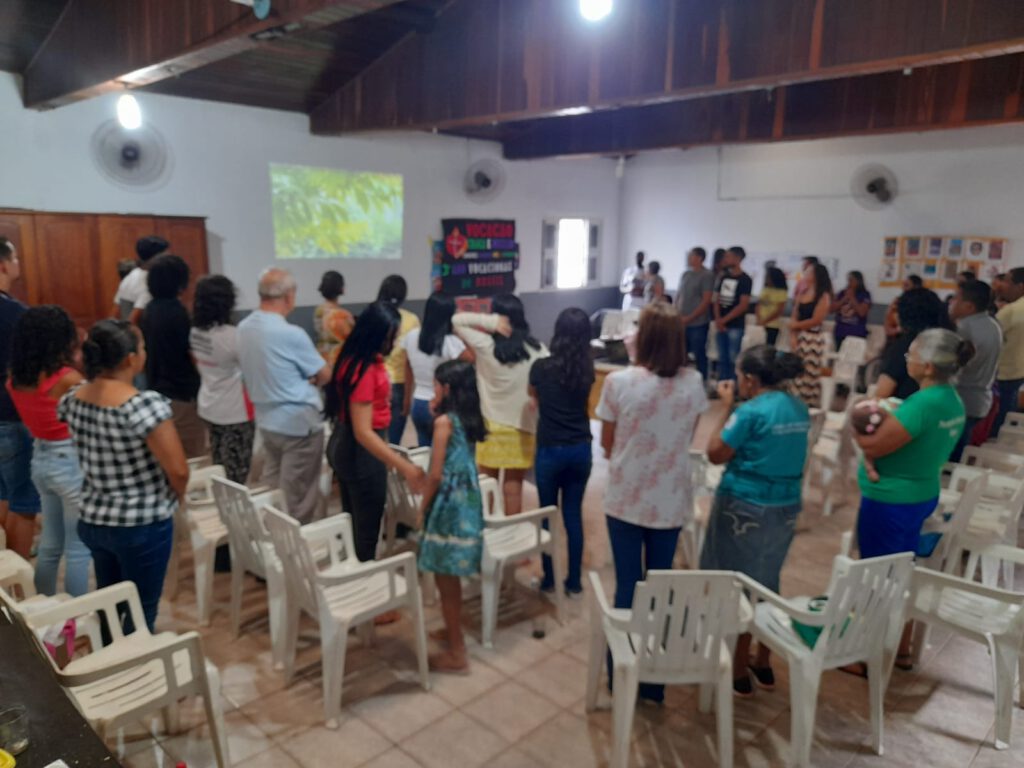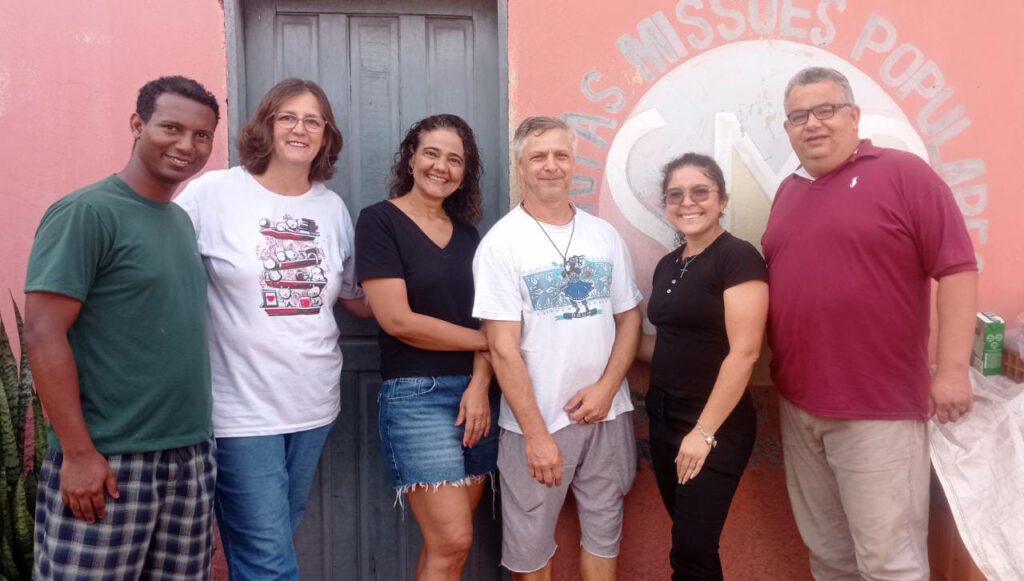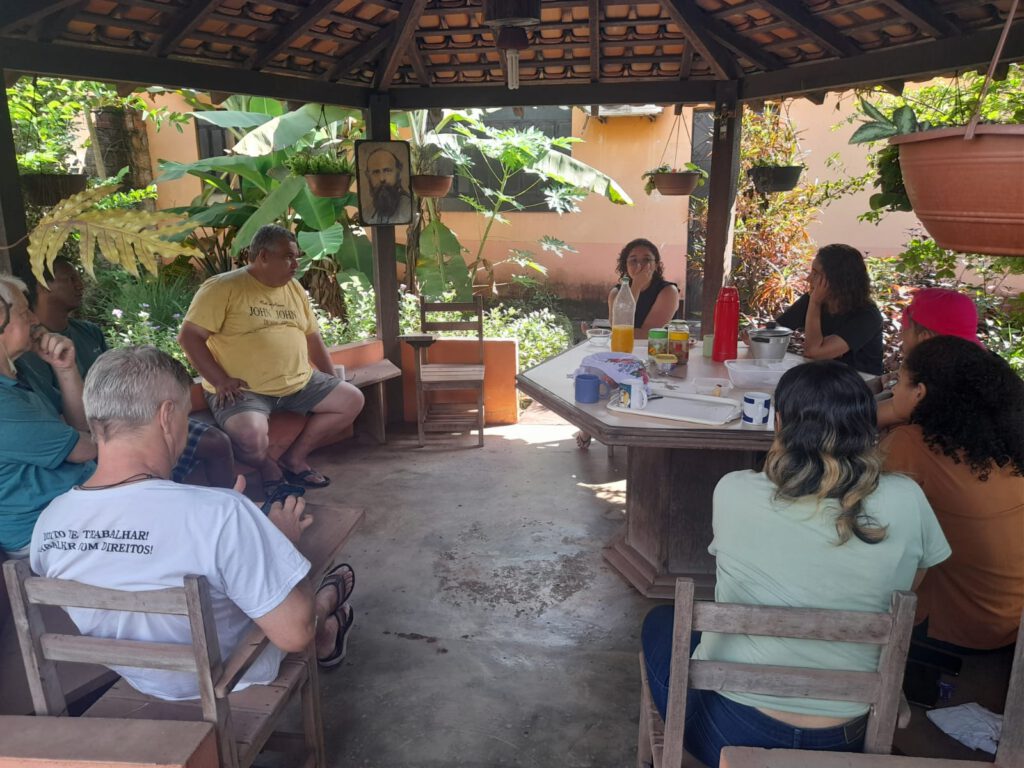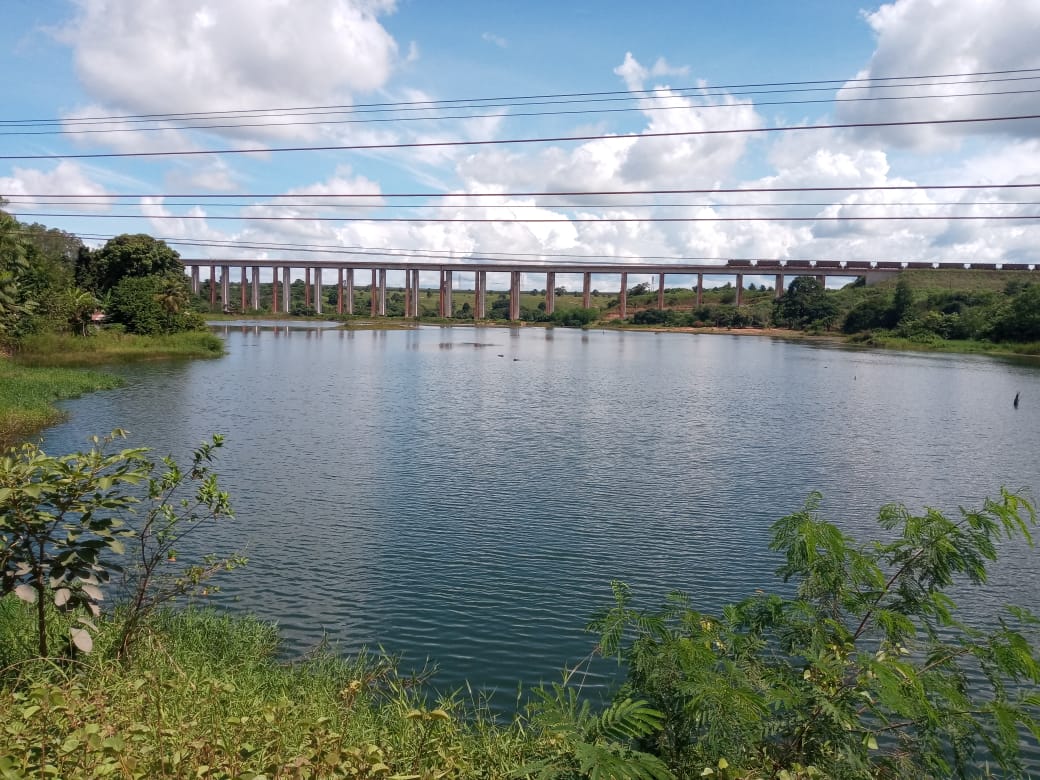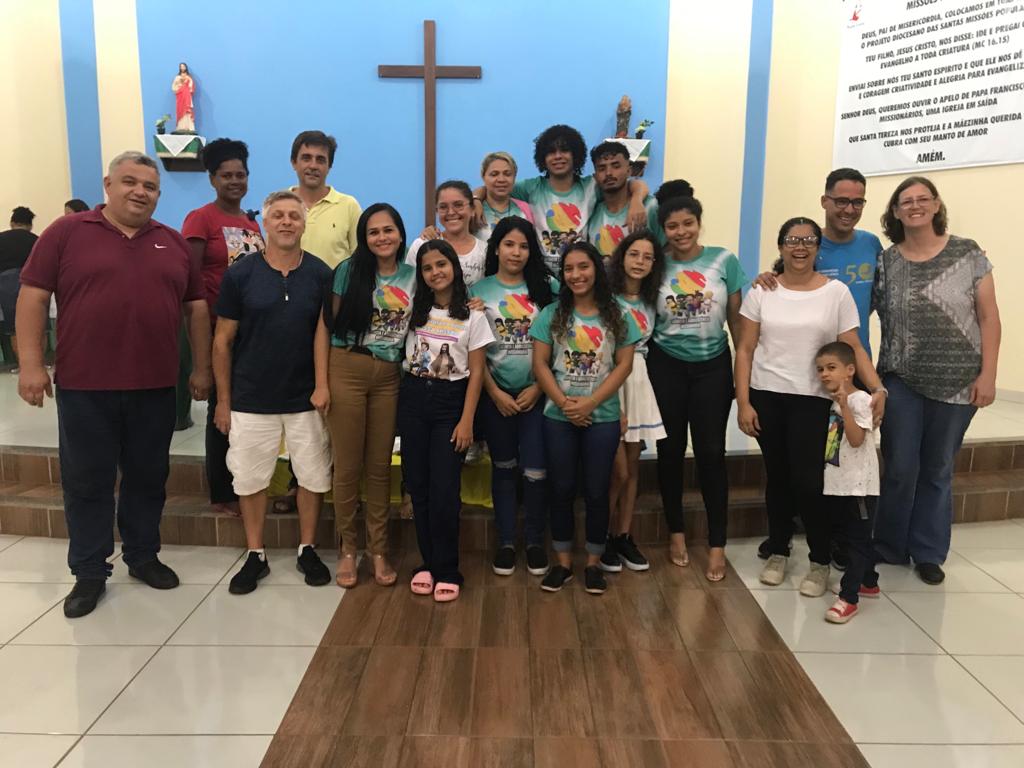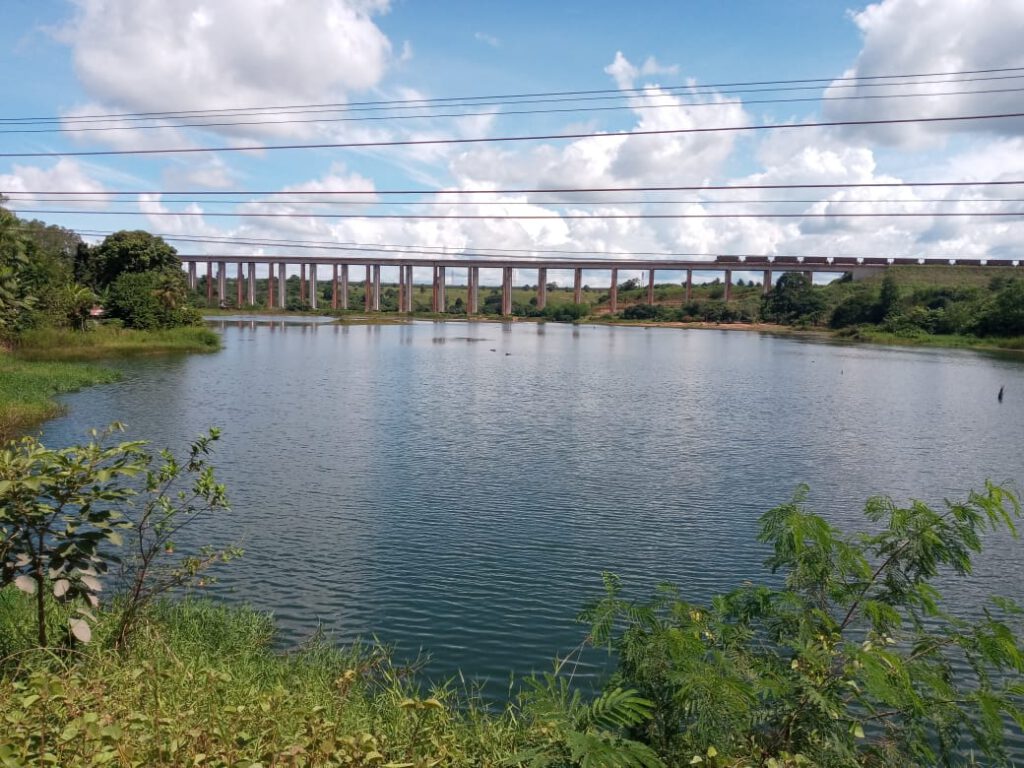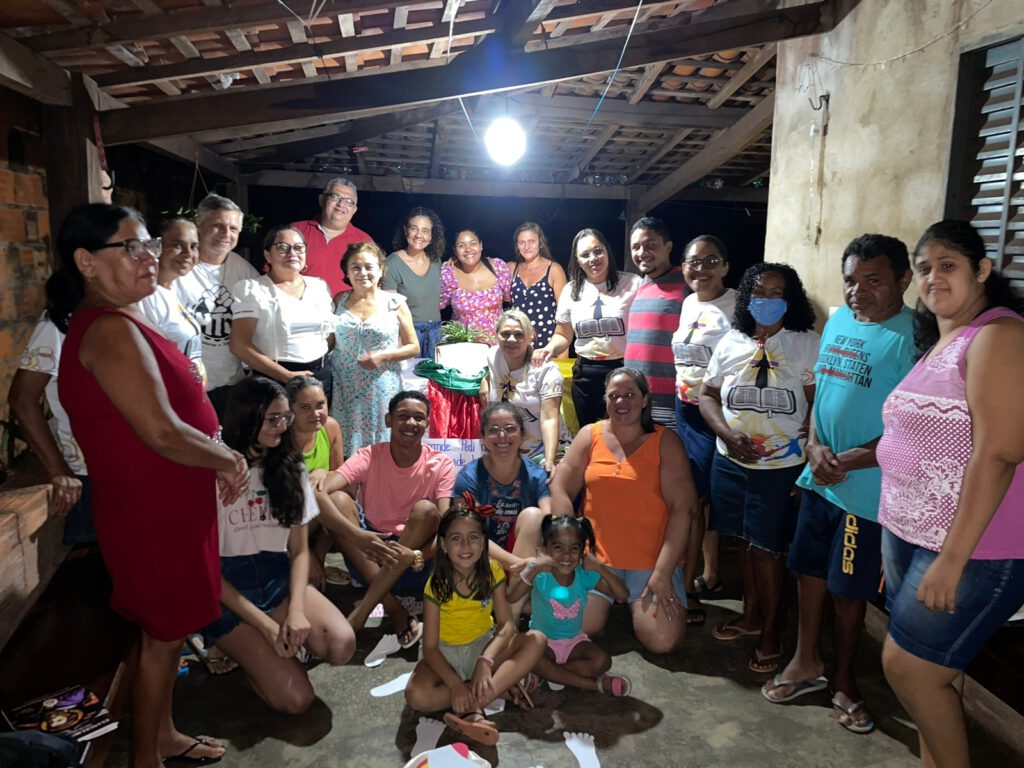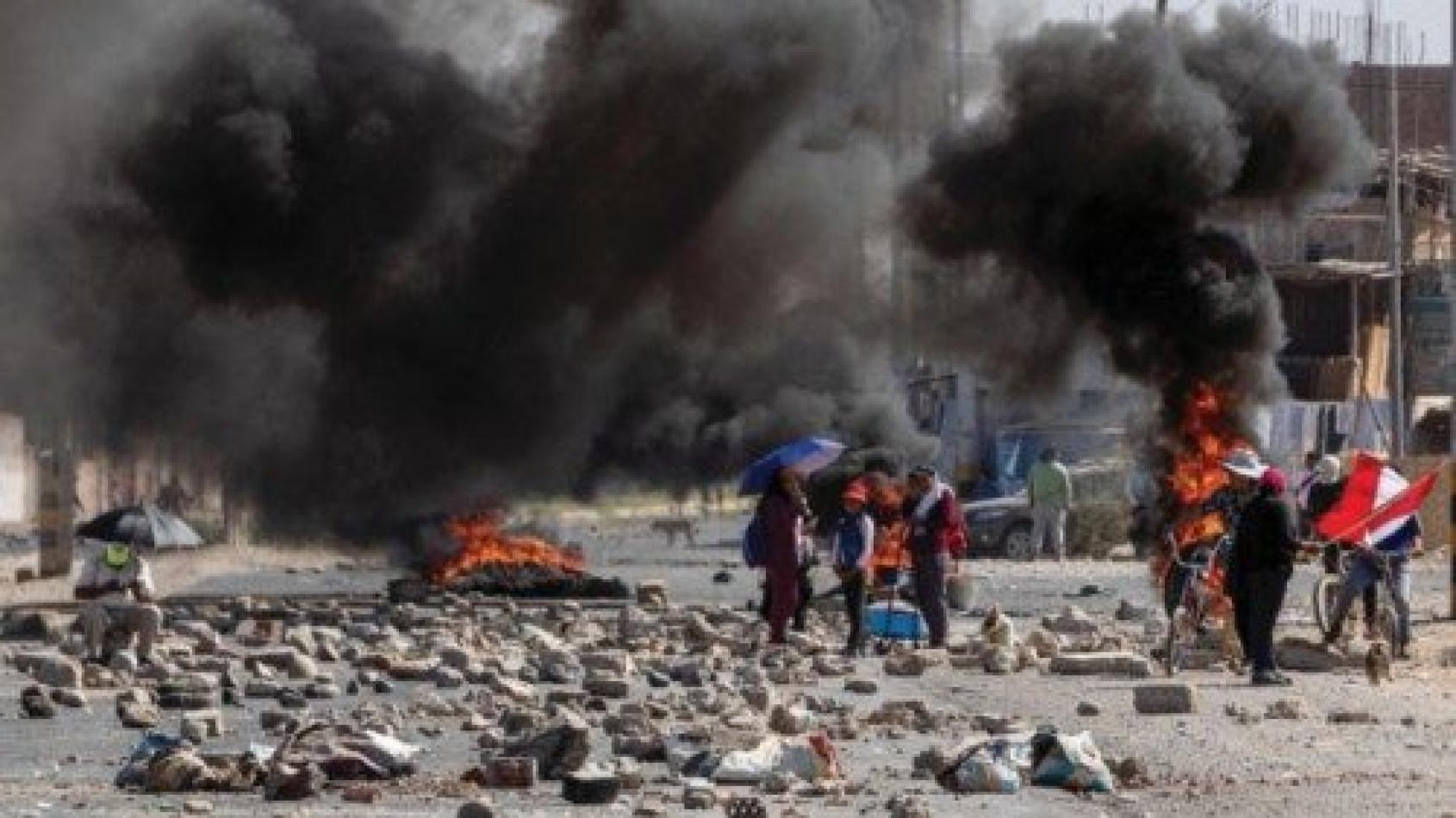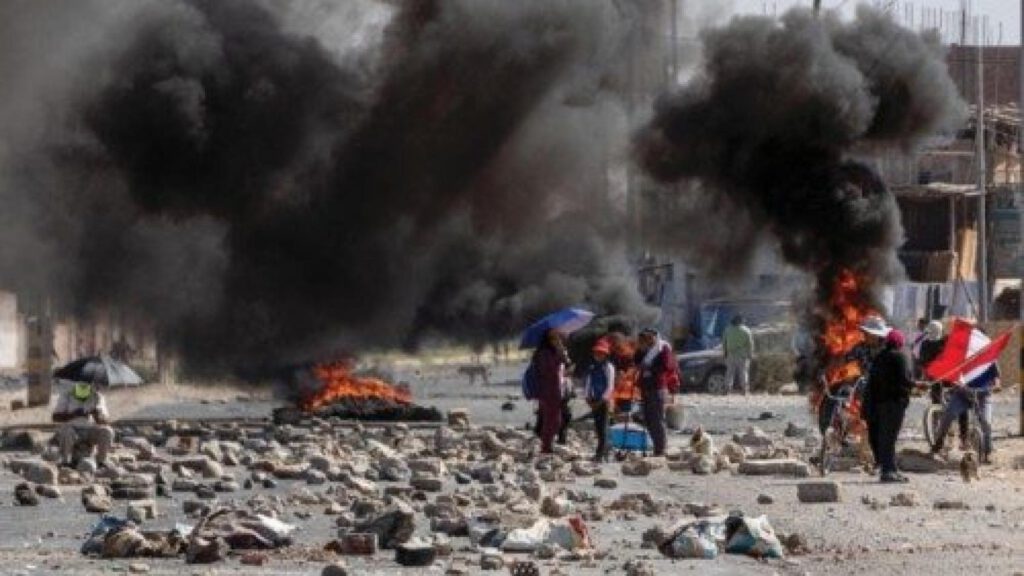A small house, a large patio, a small living room and a blue booth were the spaces for the meeting between a lay woman who acted as host, an Anglican woman, two representatives of the Hare Krishna community, an agnostic online teacher, two CLM women, a Comboni priest and the State Coordinator of Religious Affairs. The topic? To discuss whether it was possible to talk about feminism from a religious point of view. Crisol de la Alegría, Radio y Televisión was the host thanks to the invitation of Father Mario Escalera, Coordinator of Interreligious Dialogue in Monterrey.
They talked about the history of feminism, the main representatives, the struggles that women of yesteryear had to fight in order to obtain achievements that today are a normality for those of us who live in this era.
Is it possible to speak of a feminism based on religious diversity? Throughout history there has been, yes, a patriarchy that oppresses, however, religious organizations have been opening the way to talk more and more about the rights and responsibilities that women have not only in the field of associations that promote different forms of faith, but also in the daily life that sees women increasingly as important pillars of the dynamics of societies.
Is there a Secretariat for Equality and Inclusion? Yes, there are efforts in the current government such as the creation of the Secretariat for Inclusion and the Women’s Secretariat in order to promote education in the respect of women’s rights and the promotion of their powers as creative citizens, agents of change and people responsible for productive life.
What can women do from their trenches to achieve nonviolence against women? Sorority is definitely an important response. This empathy and accompaniment in the pain of a woman who has in other women a support that will lead her to discover new ways to overcome the barriers that, because of gender inequalities, are still experienced today, will help us to overcome not only violence, but also the different forms of discrimination and disadvantage.
How can we educate children to see the father-mother God without religious patriarchalism? Begin to promote the image of a God who is not only father but also mother, that is, a God who, as he presents himself, just “is,” without distinction of gender or race.
As a Christian community, how can we join the feminist struggle? It is not absurd to think of women of faith fighting from their trenches for a change that benefits not only themselves, but society in general; that seeks the integration of feminine and masculine efforts for the construction of a peaceful, supportive, inclusive world that defends dignified life and cooperation to achieve technological, social, scientific, educational, economic, political advances and, of course, a growth in our religious institutions that share a liberating faith that promotes love.
Definitely, a feminism from the faith is possible, understanding our doctrines as a source of wisdom for living together in harmony and having as a premise that it is people and not genders who should matter, because in the eyes of God, the dignity of each and every one is the same.
By: Silvia Tapia Jiménez (CLM of Monterrey, N.L., Mexico)




